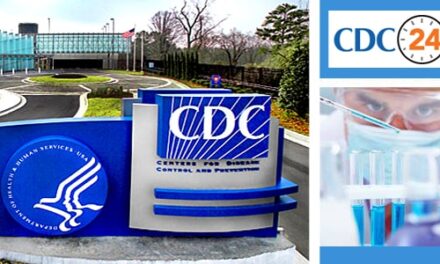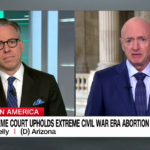
Opinion | Do Hospitals Value Everyone? This Winter, They Have a Chance to Prove It
But I worry whether hospitals like mine will continue to reach out to those communities if the financial pressures of the pandemic reassert themselves.
Large medical centers sometimes talk about focusing on their “own communities” — and they often mean either well-insured nearby white patients or those with diseases whose treatments are well reimbursed by insurance. Unfortunately, such focus devalues the lives of poor people and Black people in the same metropolitan area. There are deep links between race, insurance and neighborhood affluence in the United States.
As Eddie S. Glaude Jr. of Princeton has argued, the “value gap” — the belief that white people matter more than others — is at the center of contemporary American racism. We can’t allow our academic medical centers to reinforce systemic racism, even if that is no one’s intention.
We know that respiratory-failure patients cared for at large academic hospitals are much more likely to survive. These hospitals need to improve, and publicly commit to, protocols with small community hospitals, and not just those they own, for early and safe transfers of patients with presumed viral respiratory failure. This approach would be like the “we’ll say yes” policies these big hospitals already have for accepting patients with acute heart attacks, strokes and rare cancers, and potential liver transplant patients.
If these hospitals are serious about valuing Black and brown lives, they will build new connections to communities of color that lack medical resources. Big academic hospitals have proved they can double — even quadruple — intensive-care capacity when a crisis warrants. We cannot let them fail to do so now.
Prioritizing transfers to these medical centers from smaller hospitals must happen now, before the looming crisis hits. This may require these big hospitals to reassign clinicians and beds away from lucrative procedures or scientific research to urgent respiratory care.
If large academic hospitals commit to saving the lives of respiratory-failure patients with Covid-19 and the flu, it will be messy, and expensive. If hospitals really want to demonstrate a commitment to valuing Black lives, as many say they do, they must revisit their definition of “community” and risk budgets’ sliding deeper into the red again. It will mean additional help from the federal government. Building new priorities will need to be part of our daily work and our yearly plans. It will be part of every mundane form and difficult decision. And it should be.
Competing, not coordinating, has been a core philosophy of health care economics in the United States. But coordinating transfers could save thousands of lives in a year when so many have died already.
Theodore J. Iwashyna is a professor of internal medicine at the University of Michigan.
The Times is committed to publishing a diversity of letters to the editor. We’d like to hear what you think about this or any of our articles. Here are some tips. And here’s our email: [email protected].
Follow The New York Times Opinion section on Facebook, Twitter (@NYTopinion) and Instagram.















